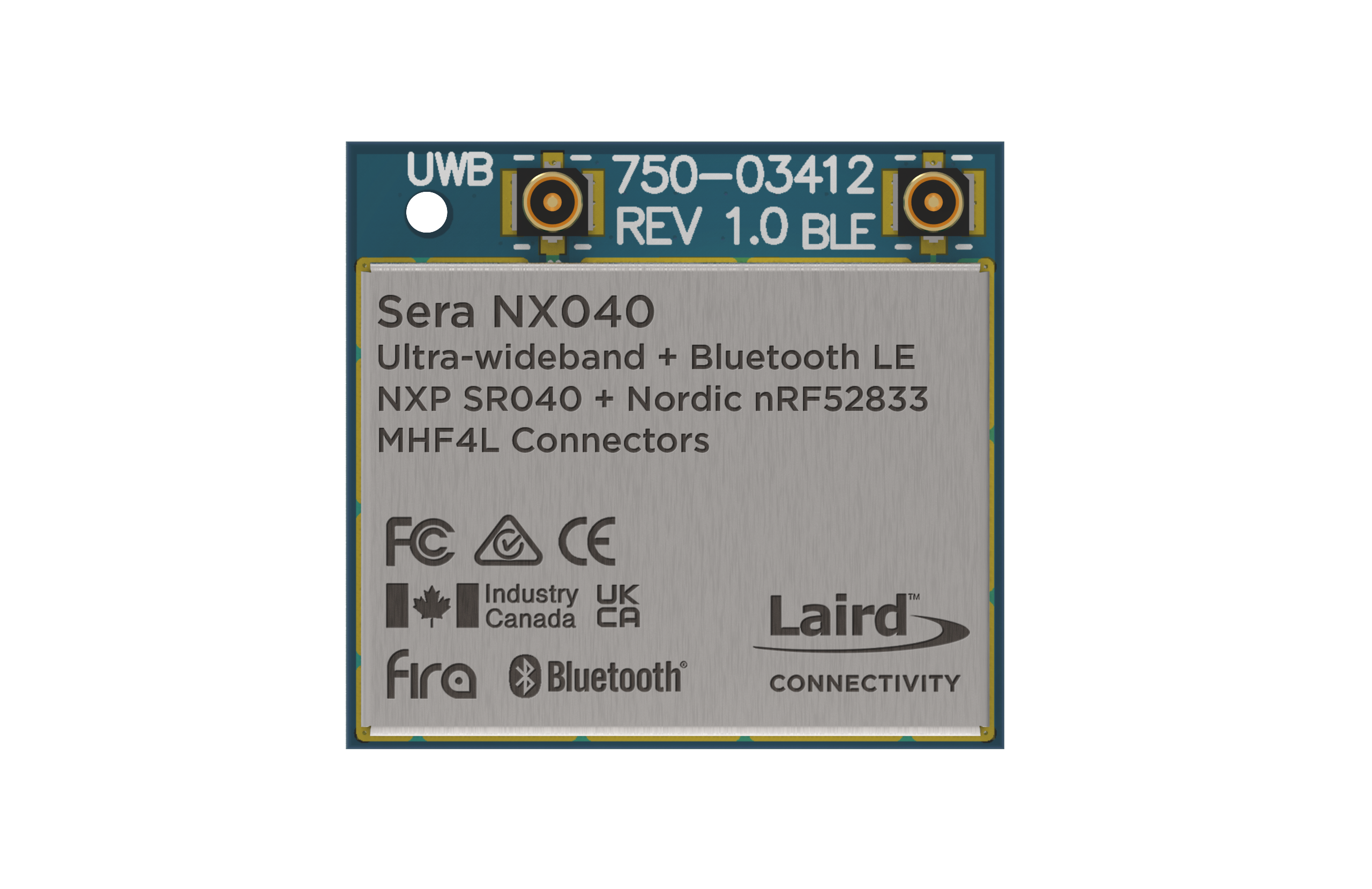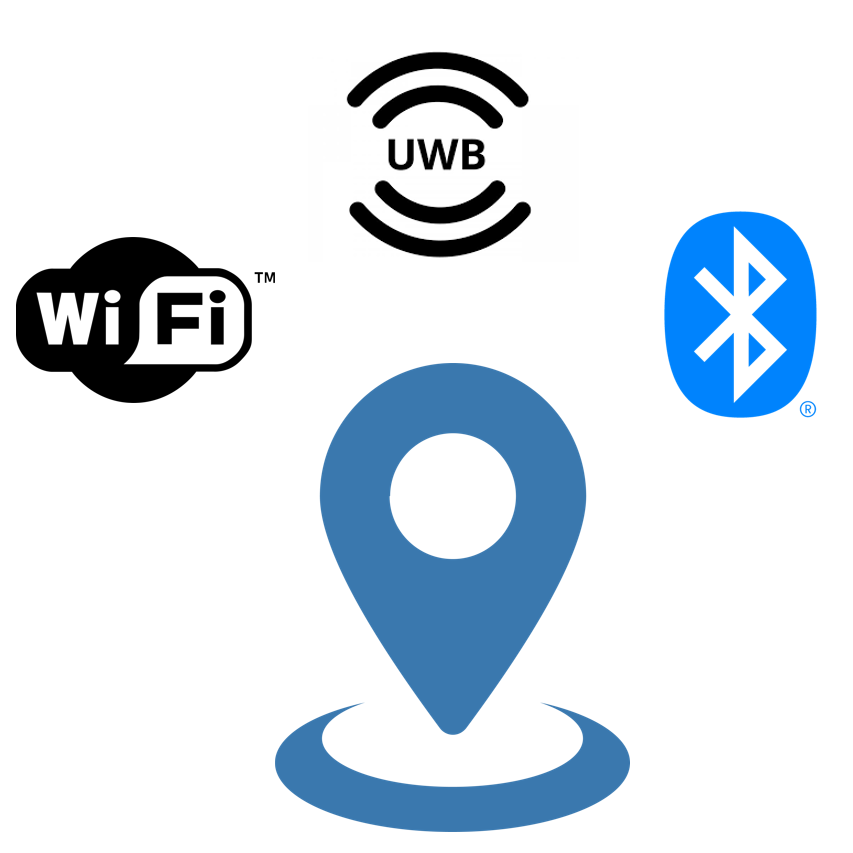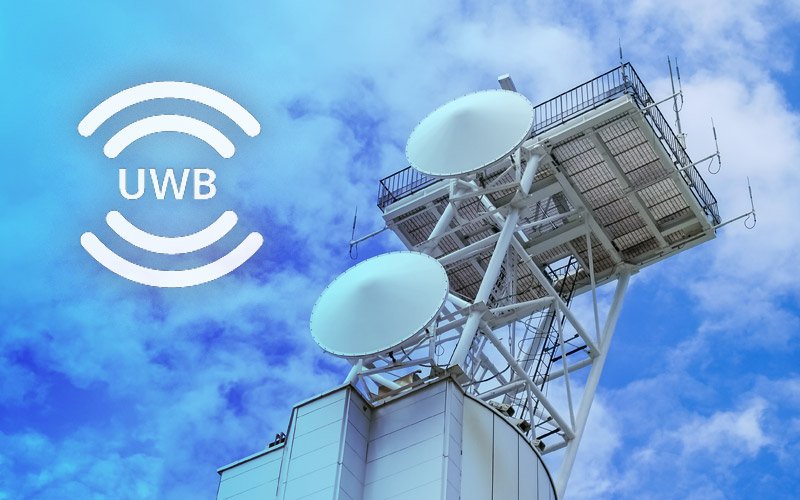Recommendation Tips About Can UWB Replace Bluetooth

Sera NX040 Series UWB + Bluetooth LE NFC Modules
The Bluetooth Throne
1. A Quick Look at the Contenders
Bluetooth. We all know it, we all use it. From connecting our earbuds to our phones, to linking our keyboards to our computers, it's the unsung hero of wireless connectivity. But there's a new kid on the block, Ultra-Wideband (UWB), and it's making some serious noise. The big question: can UWB actually replace Bluetooth? Thats a hefty claim, and we're here to dive into the specifics.
Think of Bluetooth as that reliable, all-purpose Swiss Army knife you've had for years. It's good at a lot of things, but not necessarily amazing at any one thing. UWB, on the other hand, is like a specialized, high-precision tool designed for specific tasks. It excels in areas where Bluetooth might struggle, such as pinpoint accuracy and secure data transfer. So, is it a replacement? Or a complement? Lets unpack that a bit.
We need to acknowledge that both technologies have strengths and weaknesses. Bluetooth has the advantage of ubiquity. It's everywhere! Practically every device has it. UWB is newer, less widespread, but rapidly gaining traction. Considering compatibility and cost are major deciding factors for any widespread adoption. But dont let that deter you, its potential is genuinely exciting!
Ultimately, figuring out if UWB can genuinely take over Bluetooth requires us to look at both technology's capabilities in more depth. Consider their range, power consumption, data transmission speed, and security features. After that, you will understand what they are good for, and whether they should replace each other or not.

UWB
2. Breaking Down the Buzzwords
Alright, let's get down to brass tacks. What is UWB, anyway? Simply put, its a radio technology that uses very short pulses of radio waves across a wide frequency spectrum. This allows it to transmit large amounts of data with low power consumption and, crucially, incredibly precise location information.
Imagine trying to find your keys under the sofa cushions. Bluetooth is like feeling around blindly, hoping to bump into them eventually. UWB, on the other hand, is like having a laser pointer that instantly shows you exactly where they are, down to the centimeter. That's the level of precision we're talking about.
This precision has huge implications. Think about keyless entry to your car that works flawlessly every time, or augmented reality experiences that are incredibly accurate and responsive. The technology also enables robust security features, using Time of Flight (ToF) to prevent relay attacks that can occur with Bluetooth. So, UWB is not just about speed and accuracy; it is about security too!
However, that wide bandwidth also means that UWBs range can be limited compared to Bluetooth, especially in environments with lots of obstacles. This is where Bluetooth's longer reach can still be an advantage. It also means that the implementation and hardware requirements are often very specific, making it less generally available as a standard than Bluetooth.

The Difference Between Bluetooth, WiFi And UWB
Bluetooth's Strengths
3. The Reigning Champion's Arsenal
Lets give credit where it's due. Bluetooth has been around for ages, and it's become a deeply ingrained part of our technological lives. Its primary strength lies in its widespread adoption. Almost every smartphone, laptop, and tablet comes equipped with Bluetooth. The ubiquity makes it extraordinarily convenient.
Furthermore, Bluetooth is incredibly versatile. It handles everything from audio streaming to data transfer, and its low power consumption makes it ideal for mobile devices. Its also relatively inexpensive to implement, which has further contributed to its popularity. It's not the fastest, or the most accurate, but its the jack-of-all-trades in the wireless world.
Bluetooth's latest iterations, like Bluetooth 5.0 and beyond, have also made significant improvements in speed, range, and power efficiency, which means it's not standing still. Improvements in connectionless services and advertising extensions have boosted the functionality of location services that make it more competitive with UWB.
Despite UWB's advantages in specific scenarios, Bluetooth continues to thrive due to its ease of use, broad support, and continued advancements. Its also important to consider the well-established infrastructure and the vast ecosystem of devices and accessories that support Bluetooth, which provides a huge advantage over the newer technology.
UWB vs. Bluetooth
4. Round One
Okay, let's pit these two technologies against each other in a no-holds-barred battle! In terms of speed, UWB generally wins. It can transfer data faster than Bluetooth, especially for large files. Think transferring huge video files for instance. It would be ideal for applications that require high bandwidth.
When it comes to accuracy, UWB is the undisputed champion. Its precise location capabilities make it perfect for applications like indoor navigation, asset tracking, and secure access control. It can even be used for advanced features like gesture recognition and interaction with smart home devices.
Security is another area where UWB shines. Its use of Time of Flight (ToF) measurement makes it resistant to relay attacks, a vulnerability that can plague Bluetooth. The ability to measure the round-trip time of a signal offers a critical advantage in preventing unauthorized access. This is particularly important in applications involving sensitive data or secure transactions.
However, Bluetooth isnt totally outclassed. It holds its own in range, often providing a more extensive coverage area than UWB. It also remains more energy-efficient in many standard applications, and crucially, cheaper for manufacturers to implement in low-cost products.

The Future of Wireless
5. A Symbiotic Relationship
Maybe the question of whether UWB can replace Bluetooth is the wrong one to ask. Perhaps the future of wireless connectivity lies in a symbiotic relationship, where both technologies coexist and complement each other. Think of it as Batman and Robin — each has their strengths, and together theyre unstoppable!
In many scenarios, we could see devices using both Bluetooth and UWB. Bluetooth could handle the basic tasks like audio streaming and connecting to peripherals, while UWB could kick in for more demanding applications that require high bandwidth and precise location. This hybrid approach could offer the best of both worlds.
Imagine, for example, using Bluetooth to initially connect your smartphone to your car. Once you get close enough, UWB could then take over for secure keyless entry and customized in-car settings based on your exact position. Or consider a smart home where Bluetooth connects your everyday devices, while UWB facilitates seamless and accurate interaction with specific appliances.
Ultimately, the future will likely involve a mixture of technologies, each suited to particular tasks. Instead of replacing each other outright, UWB and Bluetooth are more likely to evolve and adapt, finding their respective niches in the increasingly interconnected world. Instead of a brutal coup, we are anticipating a peaceful power-sharing agreement.

FAQ
6. Everything You Wanted to Know (But Were Afraid to Ask)
Q: Will my current Bluetooth devices become obsolete if UWB becomes more popular?
A: Not at all! Bluetooth is here to stay. Its so widely adopted that its unlikely to disappear anytime soon. UWB will likely supplement Bluetooth in specific use cases rather than replace it entirely.
Q: Is UWB more expensive than Bluetooth?
A: Currently, yes. UWB technology requires specialized hardware, which can increase the cost of devices. As UWB becomes more widespread, the cost is expected to decrease, but it will likely remain more expensive than Bluetooth for the foreseeable future.
Q: What are some real-world applications where UWB excels compared to Bluetooth?
A: UWB excels in applications where precise location and secure communication are critical. Examples include: Accurate indoor navigation in shopping malls or airports. Secure keyless entry for vehicles and buildings, preventing relay attacks. Contactless payments with enhanced security. Seamless integration with augmented reality applications.
Q: Is UWB safe to use? Are there any health concerns?
A: Yes, UWB is considered safe. It operates at very low power levels, well within established safety guidelines for radiofrequency emissions. There is no evidence to suggest that UWB poses any health risks to users.